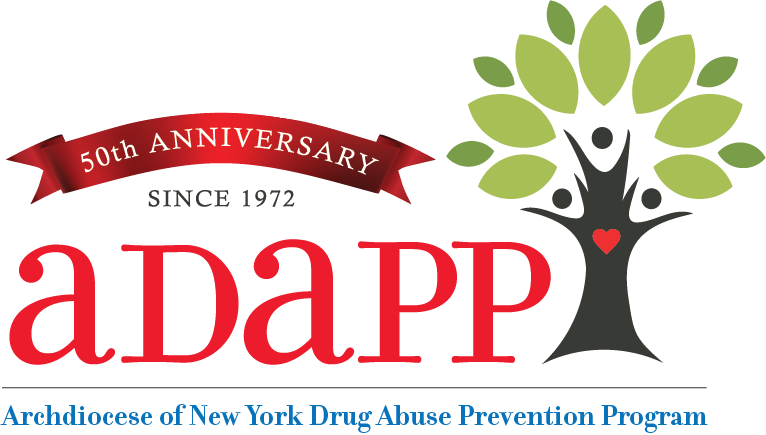Alcoholism, also known as alcohol dependence, is a disease that includes the following four symptoms:
- Craving–A strong need, or urge, to drink.
- Loss of control–Not being able to stop drinking once drinking has begun.
- Physical dependence–Withdrawal symptoms, such as nausea, sweating, shakiness, and anxiety after stopping drinking.
- Tolerance–The need to drink greater amounts of alcohol to get “high.”
- Craving–A strong need, or urge, to drink.
- Loss of control–Not being able to stop drinking once drinking has begun.
- Physical dependence–Withdrawal symptoms, such as nausea, sweating, shakiness, and anxiety after stopping drinking.
- Tolerance–The need to drink greater amounts of alcohol to get “high.”
For clinical and research purposes, formal diagnostic criteria for alcoholism also have been developed. Such criteria are included in the Diagnostic and Statistical Manual of Mental Disorders, Fourth Edition, published by the American Psychiatric Association, as well as in the International Classification Diseases, published by the World Health Organization. (See also “Publications,” Alcohol Alert No. 30: Diagnostic Criteria for Alcohol Abuse and Dependence.)
